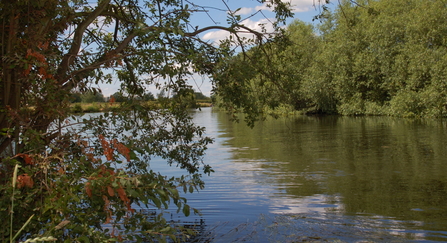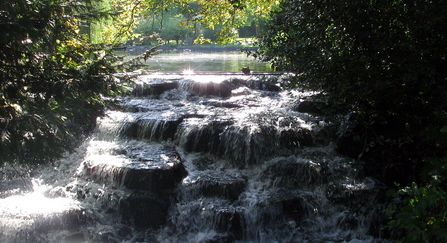Currently, England's most fragile rivers have some protection under the Habitats Regulations. These led to a required "nutrient neutrality" which means a new housing development within a surrounding river catchment must not result in an increase of damaging phosphates and other nutrients into the river.
Developers are currently required to invest in new wetlands and other measures such as planting trees to create buffer zones, in order to achieve this target of ensuring that no additional pressure is put on waterways that are already suffering from an overload of farm slurry and sewage.
Gareth Dalglish, Norfolk Wildlife Trust's Director of Nature Recovery, says:
"Today's announcement is terrible news for Norfolk's wildlife and people. Norfolk is home to nationally and internationally important areas for wildlife, including the iconic wetlands of the Norfolk Broads, and rare chalk rivers including the River Wensum. These areas have already experienced centuries of degradation from sewage and farm pollution and, after today's announcement, are now likely to become even more polluted by development.


